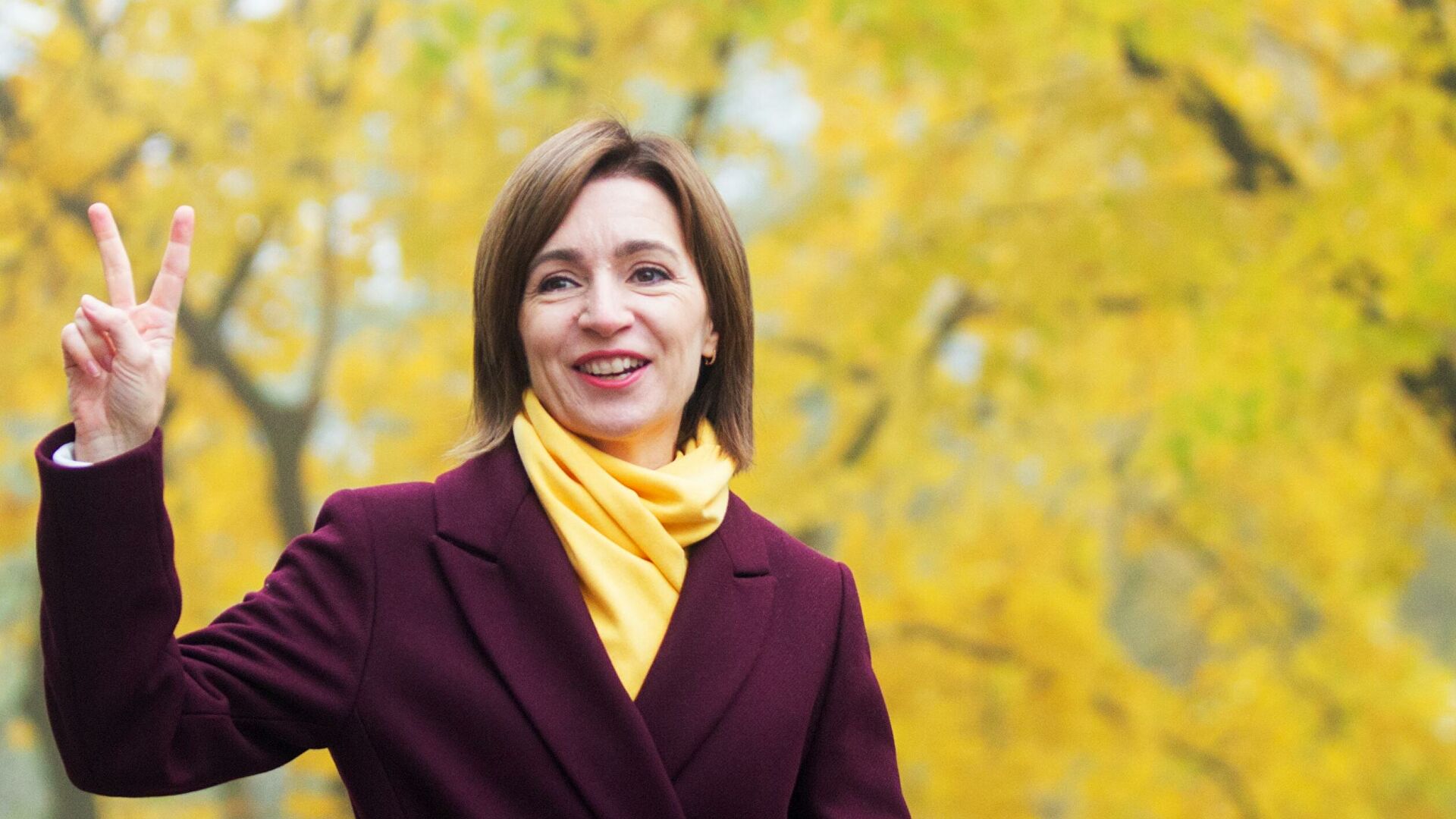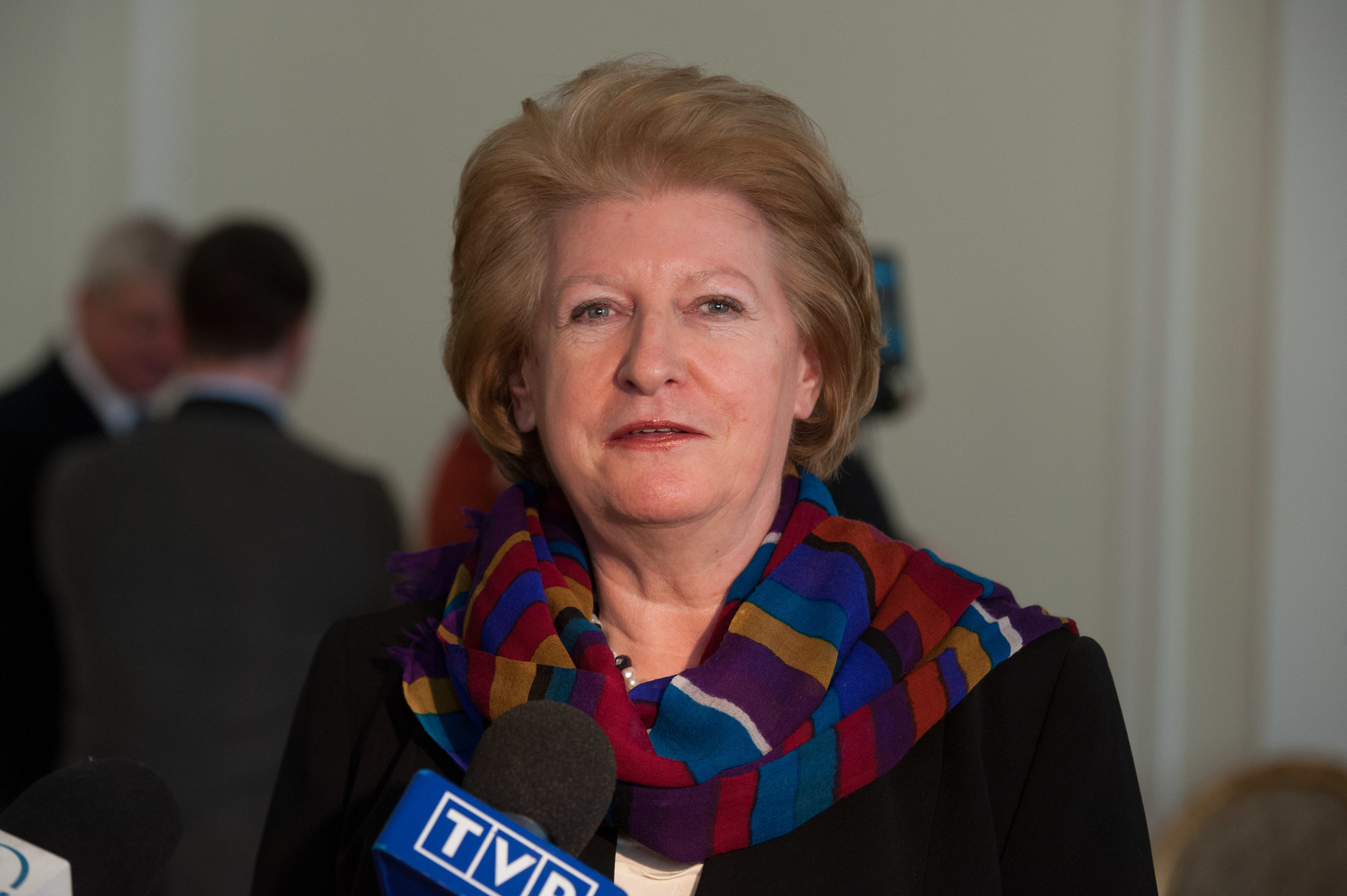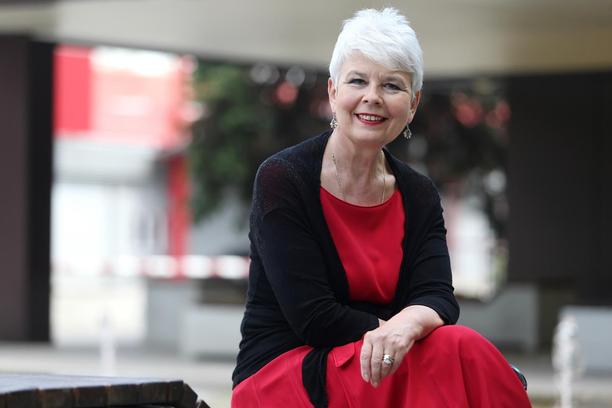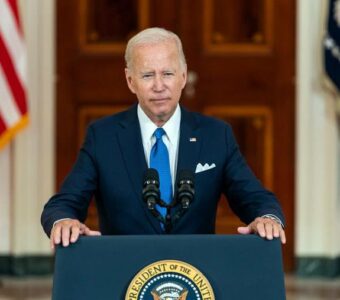The Women Leading Change in Eastern Europe

Photo hbr.org
The win of president-elect Maia Sandu, Moldova's first woman president, was greeted with enthusiasm in Western capitals as a sign that Moldova would remain pro-Western and democratic. But, as others have pointed out, her election probably owes more to the anti-corruption mood among Moldovan voters. Candidate Sandu was unequivocal that "the state serves the people instead of a small circle of crooks," and the electorate agreed. For that reason alone, Sandu's election is to be celebrated. She is a strong advocate for transparency in government and against corruption. Even more significant, she ascends to the presidency at a moment when East European women have emerged as the standard bearers for a more honest and inclusive government that is responsive to the electorate and to social needs.
Women have always played a notable role in Eastern European politics, including immediately after the fall of the Soviet Union. The Woodrow Wilson Center for Scholars in its report, Women in East European Politics, wrote that women participated in the drive to transform the communist system through demonstrations, civil activism and roundtables and, despite concern that their participation might decline due to economic and social hardship, by the early 2000s, when the Woodrow Wilson Center's report was written, "women with good qualifications and professional experience are slowly gaining political power and influence in several countries".
In fact, talented, forward-looking women provided political leadership in Eastern Europe throughout the transition period to the present, and a number have risen to high public office. In Poland, Hanna Suchocka was a member of parliament before the fall of the Soviet Union and an early member of Solidarity. Following the collapse of the communist government, she served as prime minister in 1992-1993, where she emphasized social reconciliation during the transition to a free and democratic Poland. She was only the first of several Polish women prime ministers. She was followed in the 2010s by Ewa Kopacz (2014-2015) and Beata Szydlo (2015-2017) (both are now members of the European Parliament).
Jadranka Kosor, the first woman prime minister of Croatia from 2009 to 2011, was notable for her zero tolerance of political corruption and of organized crime, both of which afflict countries across Eastern Europe.
Perhaps one of the best known is Ukraine's controversial Yulia Tymoshenko, who served twice as Ukraine's first woman prime minister in 2005 and again in 2007 to 2010. Her tenacity in navigating the shifting political currents in Ukraine has made her a lightning rod in Ukraine's search for identity.
In Serbia, Ana Brnabic is not only its first woman but also its first openly gay prime minister, establishing a precedent in social tolerance.
On the international stage, Irina Bokova from Bulgaria was the first Eastern European woman to lead a global institution as Director-General of UNESCO from 2009 to 2017. She is an outspoken proponent for equality and against anti-Semitism. And, in 2019, Kristalina Georgieva from Bulgaria was selected Managing Director of the IMF. She strongly advocates tackling climate change – including effects on social equality – and women's empowerment (both were floated as candidates for Secretary-General of the UN as Secretary-General Ban Ki Moon's term came to an end in 2016).
What about experience?
Many of these women, like president-elect Sandu, have histories as experienced professionals and successful politicians. Sandu served briefly as an economist at the World Bank before turning to politics in Moldova. She then served as Minister of Education and was elected to parliament. Dalia Grybauskaité, Lithuania's first woman president from 2009 to 2019, served in a number of posts related to EU relations and as minister of finance. She is an outspoken supporter of European integration and a critic of Russian aggression against its neighboring countries.
Others have risen to the moment without professional or political experience. The preeminent example, of course, is Svetlana Tikhanovskaya this year in Belarus, who is the presumed president-elect, although the previous president, Alexander Lukashenko, refuses to give up power. Tikhanovskaya stepped up when her husband, Sergei Tikhanovsky, a well-known blogger and candidate for president, was jailed. With no previous political experience, Tikhanovskaya has become the face of civil society's revolt against election fraud and government corruption.
The example of Belarus is profound. The opposition to Lukashenko is led not by one woman but three extraordinary women; Svetlana Tikhanovskaya, Veronika Tsepkalo, whose husband was forced to flee Belarus, and Maria Kolesnikova (and a fourth is 73-year-old activist Nina Baginskaya who is a prominent participant in street protests). Their courage and political savvy are extraordinary in the face of threats to their personal well-being, including physical harm and imprisonment. Underscoring the leadership of these three women, arguably the most effective protestors in Belarus are the thousands of women marchers, including an older generation among pensioners.
How women in politics change Eastern Europe
Often led by forceful women, Eastern European society is pushing a renaissance of sorts against the clannish and male-dominated political structures that have failed to deliver greater economic security or end corruption (recent events in Poland and Hungary notwithstanding). Women such as Maia Sandu, Svetlana Tikhanovskaya, Dalia Grybauskaité, and others have made government accountability and anti-corruption the cornerstone of political change in Eastern Europe.
As they demand a more accountable civic order, they are also eroding a lingering misogyny in politics. As Maxim Edwards writes in GlobalVoices of Maia Sandu's election,
"The symbolism of Sandu's victory is not trivial, particularly given that she has faced sexist language, attempts to spread falsehoods about her personal life, and criticism from religious figures for being unmarried into her 40s. The hope is that Moldova's first female president can set a new tenor on equality in public life, which the office's symbolism of the position will certainly allow her".
President-elect Sandu has said that change takes time and wisdom but also change is a sign of maturity. A host of impressive women are leading that change in Eastern Europe.






























































